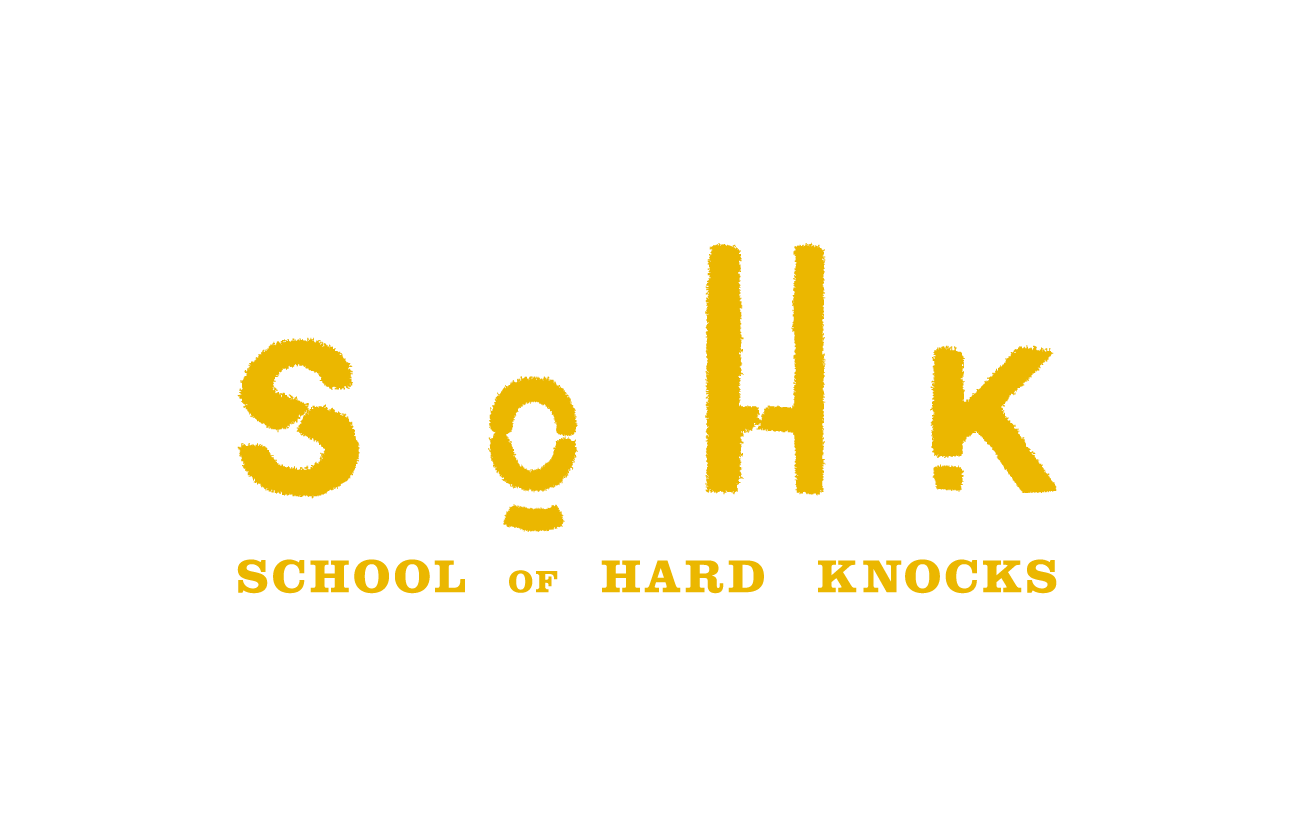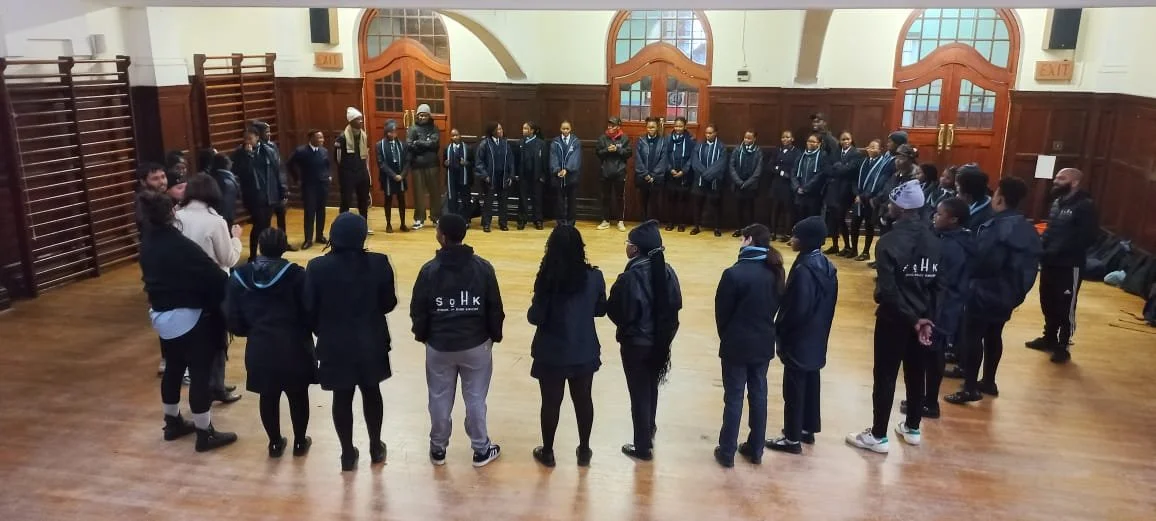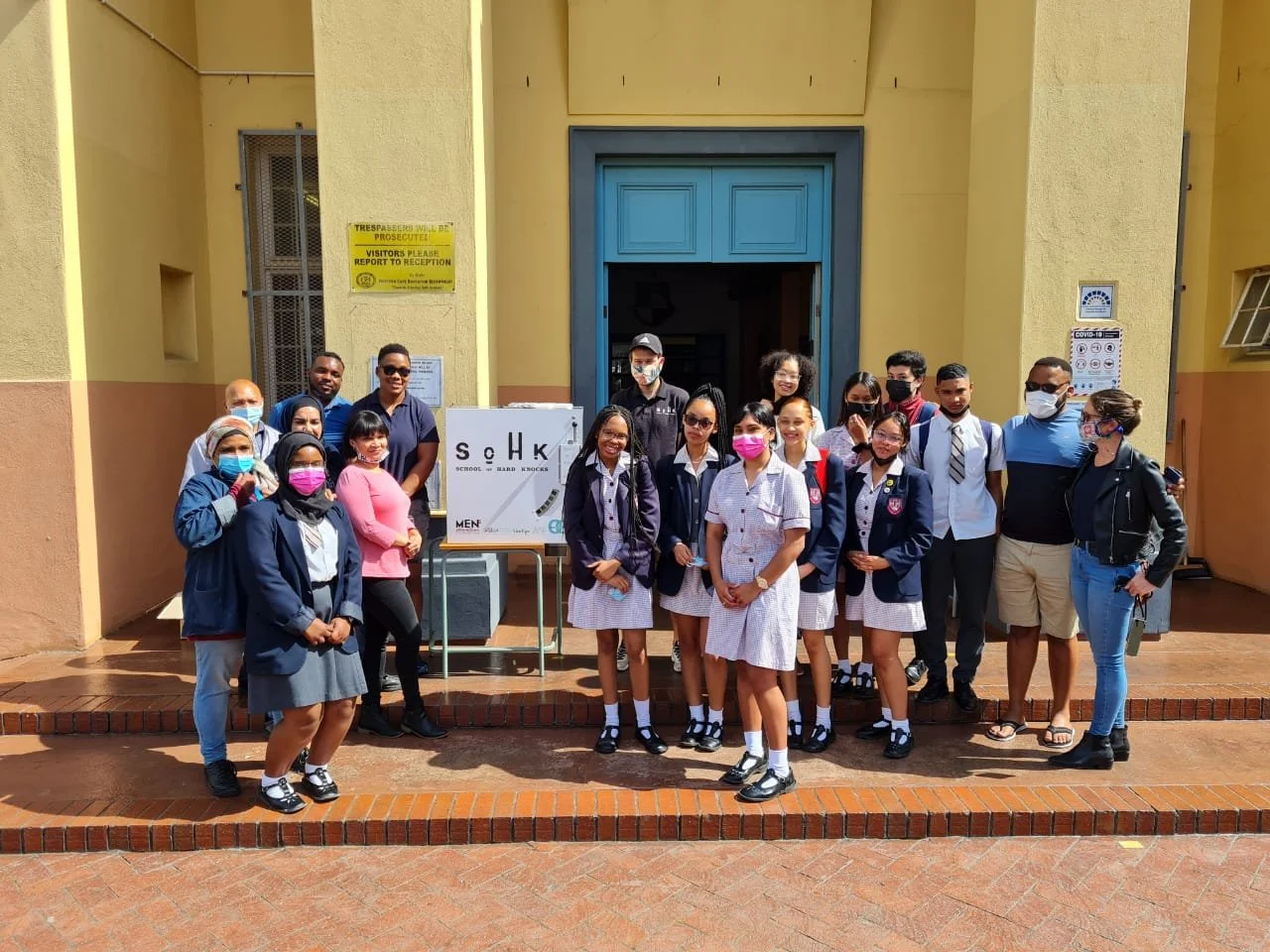It’s not about being perfect. It’s about being there.
The first time I walked into one of our SOHK schools, I wasn’t sure what to expect.
I wasn’t a trained social worker. I wasn’t a teacher. I was just someone who said “yes” to volunteering my time. One afternoon a week. That’s all I promised. One afternoon to show up, listen, be present.
That one afternoon turned into a year. And it changed the way I see young people — and the way I see myself.
Here’s what I learned: you don’t have to have all the answers to make a difference. You just have to keep showing up.
We Think They Need Grand Gestures. They Don’t.
They need someone to remember their name.
They need someone to ask how their test went, even if they said it didn’t matter.
They need someone to high-five them when they finish a drill or pick themselves up off the ground after falling.
They need an adult to look at them like they matter — not just because of their grades, or their behavior, or their future potential — but because they exist.
And honestly? That doesn’t take a whole lot of time. It takes presence.
We All Want to Help. We Just Don’t Know How.
“I don’t have time.”
“I’m not qualified.”
“I wouldn’t know what to say.”
We hear it all the time. And to be fair, I used to say it too.
But after months at SOHK, I’ve watched volunteers who were accountants, shop owners, stay-at-home parents, and university students walk into our schools and make a world of difference — not because they had the right words, but because they showed up and listened.
You don’t need to fix anyone. You don’t need to lead a session.
You just need to be there.
A Lot of These Kids Have Been Let Down — Again and Again.
They’ve seen adults leave. Teachers change. Parents disappear. Systems fail.
So they stop expecting anything to last. Or anyone to care.
But when someone comes back — again and again — that belief starts to shift.
The quiet kid who wouldn’t talk to anyone starts asking you questions.
The one who always acts out begins to soften.
They start to open up. They test the waters.
And eventually, they let you in.
Not because you’re special. But because you stayed.
What Happens When You Stay
What happens when you show up once a week, consistently?
You start to see the difference you make. Not always in big, cinematic moments — but in small, powerful ways.
A kid who was barely showing up at school starts attending regularly because of the rugby sessions.
A girl who's always watching from the sidelines finally raises her hand and says, “I want to try.”
A teen who scrolls TikTok for five hours a day starts talking to real people again.
We’re not promising miracles. We’re offering momentum.
And that’s how real change happens.
It’s Not About Time. It’s About Presence.
Some people can’t give money. Others can’t commit to full-time service.
But if you can give two hours a week — or even two hours a month — you can change someone’s life.
Show up for a term.
Show up for a session.
Show up once, and see what happens.
When you sit in the circle. When you help pack the kit. When you drive a student home. When you just listen — something shifts.
Because showing up is the opposite of abandonment.
It’s saying, “I see you. And I’m not going anywhere.”
Don’t Wait Until You Feel “Ready.”
You’ll never feel ready.
You’ll think:
“I’m not good with kids.”
“I won’t relate.”
“I don’t want to say the wrong thing.”
But here’s what we’ve learned: youth don’t need experts. They need allies.
Someone who will listen without judgment.
Someone who doesn’t flinch at their stories.
Someone who’s willing to witness their truth and still believe in them.
If you can do that — even imperfectly — you’re already what they need.
Let’s Be Real — This Isn’t Just About Them
Volunteering at SOHK isn’t charity. It’s community.
It’s connection. It’s growth. It’s healing for all of us.
You might come in thinking you’re here to give.
But trust me, you’ll leave having received more than you imagined.
Perspective. Gratitude. A sense of purpose.
Maybe even a renewed faith in what people — young and old — are capable of.
If You’re Still Wondering If You Can Help, Here’s Your Answer:
Yes. You can.
You can:
Help lead warm-ups at a rugby session.
Sit next to a kid and ask them about their day.
Be a quiet, calm presence during a tough moment.
Share your skills behind the scenes if you’re not comfortable on the field.
It all matters. And it all counts.
Ready to Get Involved?
We need you.
Not your perfection. Not your resume.
Just your presence.
Here’s how:






